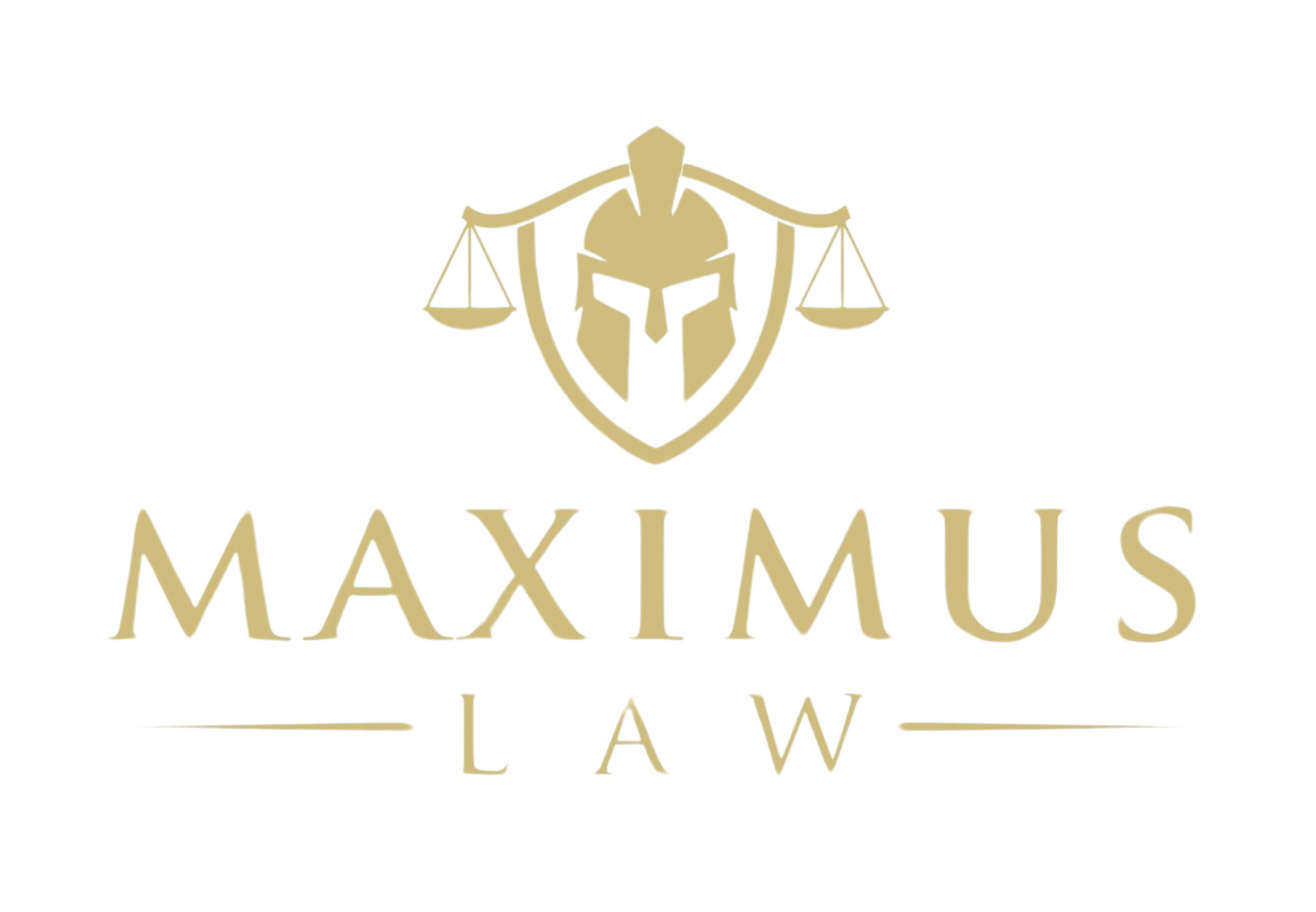Manhattan Beach Traumatic Brain Injuries
Expert Legal Support for Long-Term Challenges and Compensation in Brain Injury Cases
Manhattan Beach TRAUMATIC BRAIN INJURY LAWYER
Our Manhattan Beach traumatic brain injury lawyers assist individuals who have suffered injuries and need to pursue legal action to obtain compensation for lost wages, medical bills, and pain and suffering. Head injuries can result from various causes, including:
- Falls: Wet restaurant floors, cracks in sidewalks, or misplaced items in stores can lead to slips and falls. This is a common cause of head injuries, especially among older individuals.
- Accidents: Serious head injuries can occur in vehicle accidents, even when drivers or passengers are wearing seat belts.
- Work Injuries: Tripping over objects or slipping on wet surfaces at work can result in head injuries.
- Negligence During Medical Care: Incidents in nursing homes or during medical treatment can lead to brain injuries. These may include:
- Birth-related issues causing brain injuries in babies
- Anesthesia complications during surgeries
- Surgical errors
- Mistakes in medical care
- Construction Accidents: Construction sites are typical for accidents, as workers often work at heights and operate dangerous equipment.
How Does a Manhattan Beach Traumatic Brain Injury Claim Work?
Your claim begins as soon as you or a loved one is injured. Here are the steps to take when preparing a head and brain injury claim. Legal assistance is vital if you're injured in Manhattan Beach or the surrounding area.
- Document Everything: While your immediate health is a priority, it's essential to document the scene as soon as you can. Take notes and pictures of the area, including any wet surfaces or obstacles that contributed to the incident. Record conversations on your smartphone and avoid moving anything from the scene, as some business owners might try to alter it to evade liability. Your Manhattan Beach traumatic brain injury attorney can file a preliminary injunction to protect evidence from being destroyed.
- Obtain Accident Reports: If law enforcement or ambulance services are involved in Manhattan Beach, they will generate reports. Be sure to get copies of these reports. Businesses, construction sites, and manufacturers may document accidents but not readily share this information. A Manhattan Beach traumatic brain injury attorney can help you obtain these documents.
- Keep Records of Medical Treatments: Medical providers will expect someone to pay the bills related to your injury. Record all medical expenses, including physical therapy, prescriptions, and other treatments.
- Document Injury-Related Expenses: Record all expenses related to your injury, such as mileage to appointments and meals during travel.
- Be Cautious with Conversations: Business owners often have teams of attorneys and insurance agents who aim to minimize your settlement amount. If you're involved in a car accident, be aware that the other party's insurance company may try to persuade you to accept a settlement that falls short of your needs. You are not obligated to speak with anyone or agree to any settlement without understanding its implications.
- Consult a Manhattan Beach Traumatic Brain Injury Attorney: An attorney can answer your questions about the claim process and manage communication with the responsible parties.
Do I need a Manhattan Beach Traumatic Brain Injury Attorney?
Yes! A Manhattan Beach traumatic brain injury attorney can help you secure the compensation you need to recover from your injuries. They have the expertise to negotiate the best possible settlement on your behalf. While business owners and others have legal representation, you should not face this challenge alone. The sooner you engage an attorney, the quicker you can resolve your case and obtain the compensation you deserve.
Types of Traumatic Brain Injuries that Occur in Manhattan Beach
- Diffuse Axonal Injury
- Concussion
- Contusion
- Coup-Contrecoup Injury
- Recurrent Traumatic Brain Injury
- Penetrating Injury
- Anoxic Brain Injury
- Hypoxic Brain Injury
- Open Head Injuries
- Closed Head Injuries
Manhattan Beach Traumatic Brain Injury Statistics
According to the Brain Injury Association of America, a brain injury occurs every few minutes. The leading causes of brain injuries include trips, vehicle collisions, and being struck by objects. Seniors, children, and construction workers are particularly vulnerable to these types of injuries.
How Will a Manhattan Beach Traumatic Brain Injury Attorney Help Me?
When you suffer an injury, you will likely face various expenses, including ambulance fees, emergency room charges, hospital bills, and payments to doctors and therapists. You may also need to travel long distances for treatment and could be unable to work due to your injury. A Manhattan Beach traumatic brain injury attorney is there to help you seek compensation for:
- Medical bills, including long-term care
- Loss of current and future wages
- Pain and suffering, covering both economic and non-economic losses
Each claim is unique, and compensation for pain and suffering is determined individually. California does not impose a cap on the amount you receive.

How can I be sure my brain injury is properly diagnosed?
Seek immediate medical attention, including imaging tests (CT scans, MRIs) and evaluations from neurologists or other specialists.
Can I still pursue a TBI claim if I wasn’t immediately diagnosed with one?
Yes, delayed symptoms are common in TBIs. An attorney can help demonstrate the link between the accident and your injury.
Can I pursue a TBI claim if the accident was partially my fault?
Yes, under California's comparative negligence law, your compensation will be reduced by your percentage of fault.
What types of compensation can I receive for a traumatic brain injury in a personal injury case?
You can recover compensation for medical expenses, lost wages, pain and suffering, future care needs, and loss of quality of life.
Practice Areas

